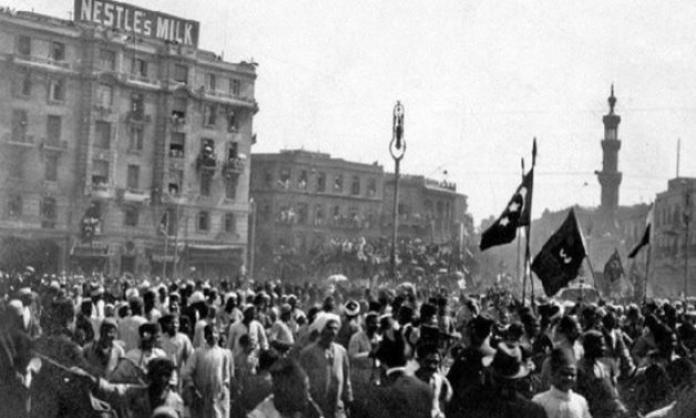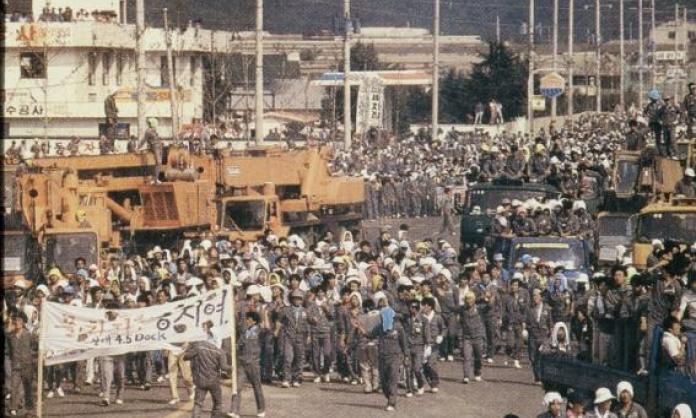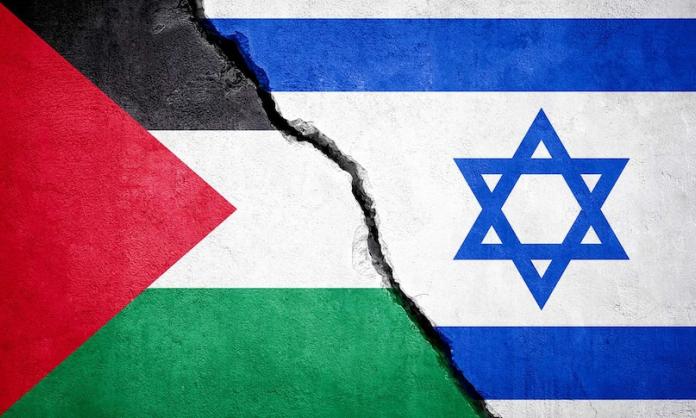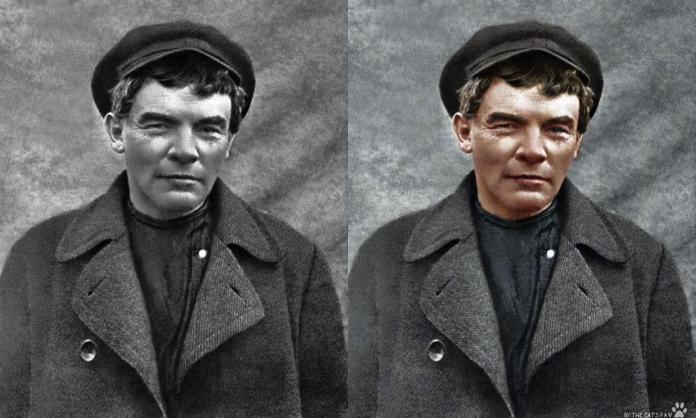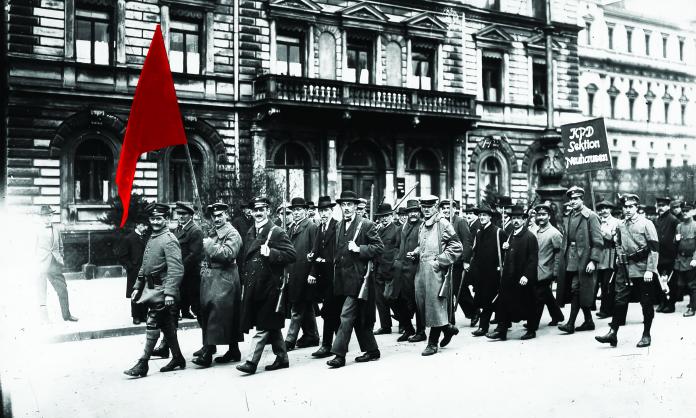One of the prevailing myths about Gough Whitlam is that he was a forthright opponent of the Vietnam War and that it was his Labor government that withdrew Australian troops from Vietnam. The reality is very different.
By the time Whitlam was elected in December 1972, the concerted resistance of the Vietnamese people, combined with the radical anti-war movements in the US and Australia, had already effectively defeated the imperialist war drive and forced the Liberal government to withdraw the overwhelming majority of Australian troops. By mid-1972 there were fewer than 200 Australian troops still in Vietnam, down from a peak of about 6,500.
Whitlam can take no credit for this victory over US imperialism. He played no role in building the heroic anti-war movement. Quite the opposite: he shamefully fought to water down Labor Party opposition to the conflict.
The war radicalised a whole generation and played a decisive role in transforming Australian society and politics from the torpid Cold War conservative atmosphere of the 1950s and early 1960s. A student and youth rebellion, which quickly became centred on opposition to conscription and the war, had by 1970 fused with a rising working-class industrial rebellion to upend the reactionary legacy of the Menzies era.
The decade-long rebellion from the mid-’60s to the mid-’70s did not just help end the murderous war in Vietnam; it also laid the ground for victories for working-class people on a range of fronts.
In the face of savage police repression, it won the right to protest on the streets. A wave of strikes turned the anti-union penal powers into a dead letter and gained major increases in wages and greatly improved working conditions. Capital punishment was ended. Women workers made important gains, including on equal pay, greater job opportunities and abortion rights. Draconian censorship laws were rolled back. Aboriginal people won greater rights. The gay liberation movement emerged. School students won a few basic rights. The racist South African sporting tours were stopped. The list goes on and on.
The Vietnam War is commonly portrayed as initially being wildly popular among the mass of the Australian population—evidenced by the enormous crowds that turned out to welcome US President Lyndon Baines Johnson in October 1966 and the decisive Liberal victory at the end of that year in a federal election fought largely around the issue of the war.
Yet right from the start, a substantial minority of the population, primarily working-class people, opposed the war. A Gallop poll in May 1965 found that 37 percent of the population opposed sending Australian troops to Vietnam, while only a slim majority—52 percent—supported sending them.
However, the strident support for the war by the capitalist establishment and its hysterical middle-class supporters, combined with a vicious red-baiting media campaign and brutal police repression against anyone who spoke out against the war, initially limited public displays of opposition to a brave and committed few. Victoria Police Commissioner Rupert Arnold was typical, instructing his cops to use “all the physical force [they] can muster” against protesters “who want to change the world suddenly and dramatically”.
Draft resisters were jailed. Opponents of the war were denounced as “godless communists”, “pack-raping bikies” and vile traitors to the Australian nation and the white race, and were beaten up in police cells. As late as 1969, an editorial in the supposedly liberal Age sneered at student protesters: “These manic young men and their solemn joyless girlfriends seem little more than a sad, self-pitying coterie, working out the aggressions of their delayed adolescence”.
Nonetheless, it was definitely worth taking a stand. Those reviled left-wing activists laid the basis for a powerful mass movement that played a vital role in ending the war. Within a few short years, public opinion had shifted substantially. By August 1969, an opinion poll for the first time showed majority opposition to Australian involvement in the war. All of this no thanks to Gough Whitlam.
The ALP had long been solidly committed to the US alliance. In 1964, it supported sending Australian military instructors to Vietnam. Then, in February 1965, it backed the US bombing of North Vietnam. However, Labor leader Arthur Calwell, though far from being a radical leftist, was a longstanding opponent of conscription going back to the successful anti-conscription struggles during the First World War.
Calwell stridently attacked the Menzies government’s November 1964 decision to introduce conscription, and in May the following year, Calwell opposed sending any Australian troops, conscripts or regular soldiers to Vietnam. At this stage he refused, however, to commit Labor to immediately withdrawing the troops if it won office.
By May 1966, Calwell, despite strident opposition from his then deputy leader Gough Whitlam, had hardened his position and won the support of Labor’s parliamentary caucus for pulling out the conscripts “without delay” and regular forces “as soon as possible”. Calwell declared that Labor would fight the 1966 election on the issue of conscription for Vietnam and that he would “live or perish politically” on the issue. He called for “protests and demonstrations from one end of the country to the other against conscription for overseas service right up to the next federal elections”.
All of this was anathema to Whitlam, who shared the Australian establishment’s pro-war stance and was unswervingly devoted to the US alliance. He wanted nothing to do with anti-war protests. Indeed, on the eve of the 1966 elections, Whitlam helped sabotage Labor’s campaign by declaring at a press conference that he disagreed with Calwell’s policy of withdrawing regular troops from Vietnam and instead might support increasing troop numbers.
In the wake of Labor’s severe electoral defeat, Calwell was dumped as leader in favour of the more right wing Whitlam, who then watered down Labor’s opposition to the war. Disgracefully, this right-wing retreat was backed by much of the Labor left, including Jim Cairns. Even the still influential Communist Party of Australia refused to call for the immediate withdrawal of troops and instead raised the mealy-mouthed slogan: “Stop the bombing, negotiate”.
Whitlam supported his deputy leader, Lance Barnard, who in 1967 slanderously attacked the anti-war movement for supposedly prolonging the war because “Hanoi believed it could hang on while there was evidence of dissent or anti-war propaganda in some countries”.
Over the next two years, Whitlam largely shut up about the war, except for an occasional attack on “rowdy” anti-war protesters. But as late as the July 1969 ALP conference, he opposed a successful left-wing motion to commit Labor to withdrawing troops.
The defeat of Labor in the November 1966 elections and its subsequent retreat from its anti-war stance was a key turning point for the anti-war movement. An important section of the activists moved to the left, adopting a direct-action perspective of building increasingly militant street protests rather than relying on Labor and parliamentary manoeuvres.
The basis was being laid for a powerful mass movement against the war. It reached its high point with the inspiring and hugely controversial Moratorium marches of 1970, when hundreds of thousands took to the streets nationally, and vibrant contingents from the universities linked up with powerful columns of striking workers.
Many young activists moved towards radical socialist politics, viewing parliamentarism as useless and beginning “to grope for revolutionary alternatives to the time-honoured institutions of the bourgeoisie”, as one account puts it.
The 1968 Tet offensive by the Vietnamese national liberation forces starkly demonstrated that there was no quick victory in sight for US forces. With the anti-war movement surging at home and the Black ghettoes of US cities in flames, the American ruling class began to look for a way out.
In June 1969, the new right-wing US president, Richard Nixon, announced that 25,000 troops would be withdrawn by the end of the year. The Australian ruling class and the Liberal government consistently had been more pro-war than the Americans. They were reluctant to begin withdrawing troops. But with the US pulling back, the Gorton and McMahon Liberal governments were eventually forced to follow suit.
In August 1971, the Liberals announced that the bulk of Australian troops would be withdrawn by Christmas. By the time Whitlam was elected in December 1972, only a handful of Australian advisers and a platoon of troops guarding the Australian embassy in Saigon remained.
With the tide shifting, Whitlam at the last minute attempted to re-invent himself as an opponent of the war and, on taking office, quickly moved to end conscription and release the remaining jailed draft resisters. However the Whitlam-led Labor Party can take no credit for ending an incredibly brutal imperialist war that killed as many as 2 million Vietnamese civilians and some 1.1 million North Vietnamese and Viet Cong fighters.
All the credit for defeating the might of US imperialism must go to the Vietnamese resistance, the rebellions by rank-and-file US troops and the demonstrators who took to the streets in their millions time and time again in the US, Australia and all around the world.





